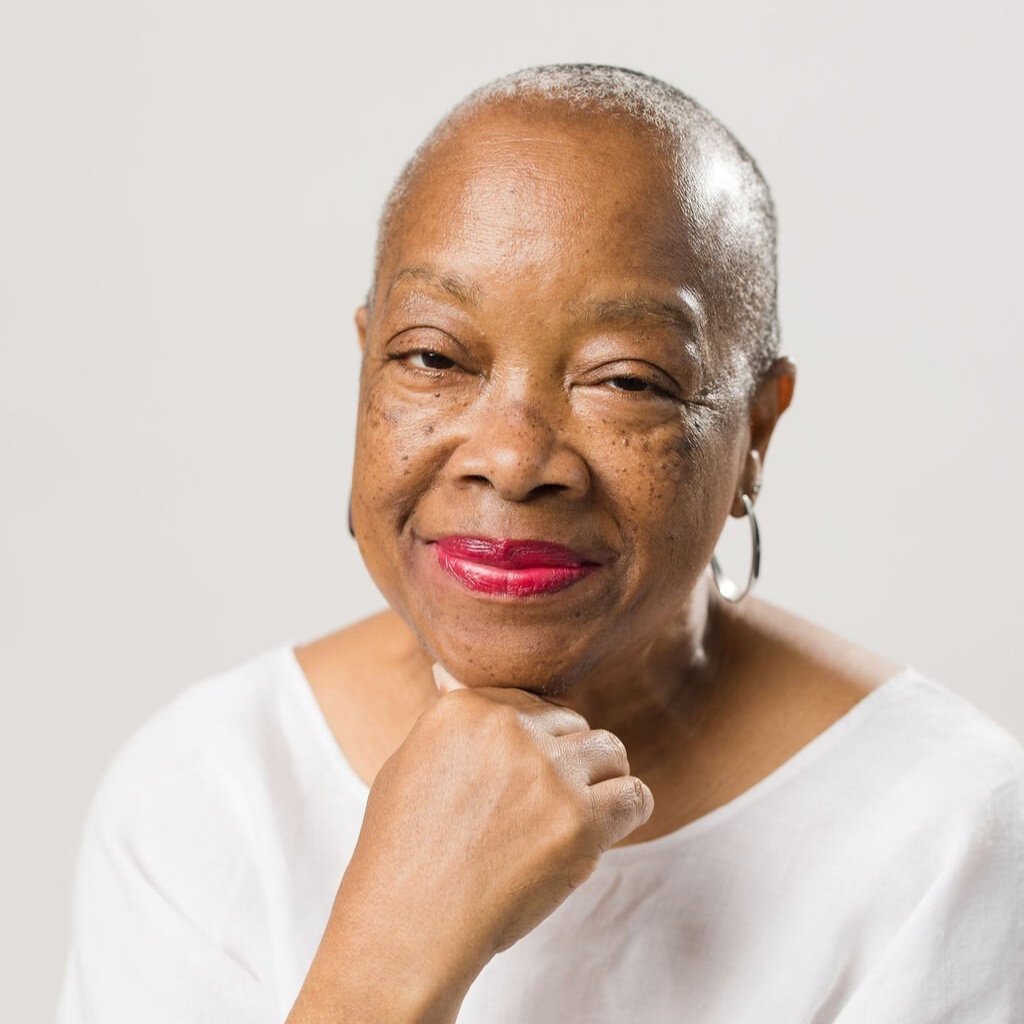Church Anew Blog
Get Updates in Your Inbox
Want to stay up-to-date with the Church Anew Blog? Sign up for our weekly blog round-up.
I lift my eyes to the hills
Jeff Chu wears several hats, including writer, reporter, and editor. He's also the co curator and co-host with Sarah Bessie of Evolving Faith. He's an occasional preacher. Some days, Jeff says he believes in God. Other days, he wants to believe in God.
Let’s revisit Chu’s talk from our 2022 Enfleshing Witness gathering.
Tethered Away From God
The Reverend Ranjit Mathews preaches because God has called him to prophetic and embodied witness to those with ears to hear. His vocation is to love extravagantly, and to invite the shedding from systems of white supremacy, purity culture, patriarchy, and the gospel of production. Let’s revisit his talk from our 2021 Enfleshing Witness gathering.
Your Words Will Become Seeds
Dr. Christine Hong usually mostly writes and teaches, instead of preaches, as a seminary professor. But after her writing and teaching slips into sermon mode, and she's mostly sorry about it, Christine mostly teaches and preaches to seminary students and their loved ones at Columbia Theological Seminary in Decatur, Georgia. Christine preaches among an amazing group of colleagues and friends with the spirits of her ancestors.
Beyond the Politics of Visibility
Jesus embodies a different kind of knowing, a different ministry and witness that comes with stiff social and economic penalties. His visions of an end to evil and dehumanizing systems so that all might flourish. Those were both popular and exceedingly disruptive.
EXPLORE OUR ARCHIVE OF ARTICLES FROM
Walter Brueggemann
Get Updates in Your Inbox
Want to stay up-to-date with the Church Anew Blog? Sign up for our weekly blog round-up.







